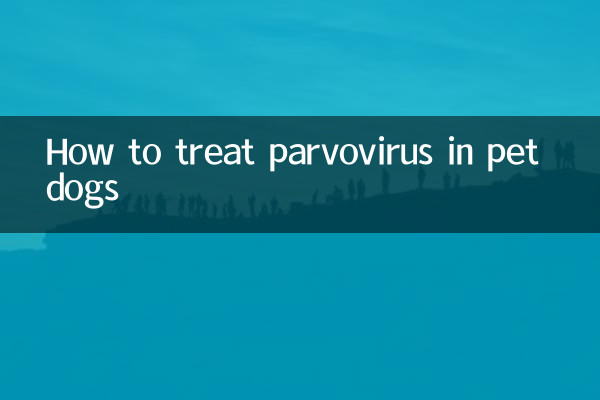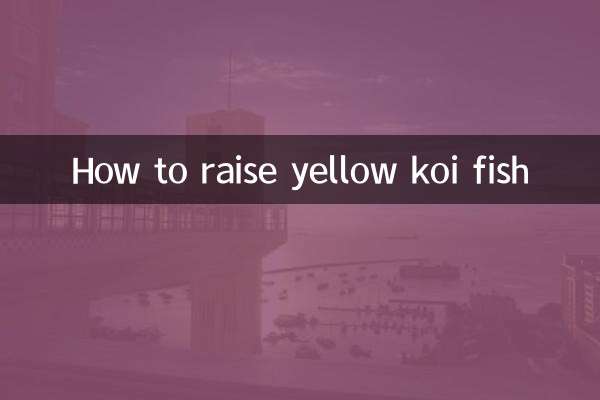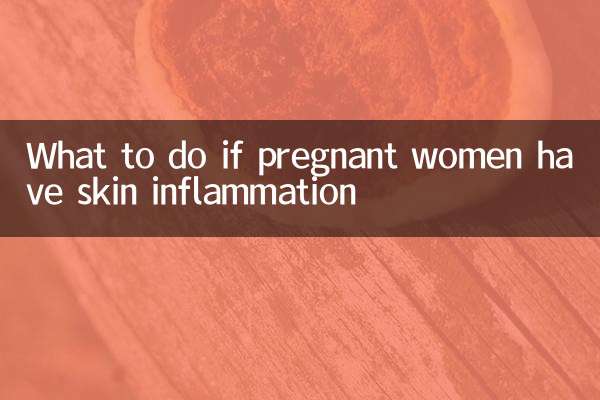How to treat parvovirus in pet dogs
Recently, pet health issues have become one of the hot topics, especially the prevention and treatment methods of parvovirus in pet dogs. Canine Parvovirus (CPV) is a highly contagious virus that primarily affects puppies and unvaccinated adult dogs. The following is detailed information on the treatment and prevention of parvovirus in pet dogs, compiled based on hot information from the entire Internet in the past 10 days.
1. Symptoms of parvovirus

Common symptoms of parvovirus infection include:
| Symptoms | Description |
|---|---|
| vomiting | Frequent vomiting, which may have yellow or white foam |
| Diarrhea | Severe diarrhea, the stool may be bloody or smelly |
| Loss of appetite | Refusal to eat or drink |
| lethargy | Listlessness and reduced activity |
| fever | Increased body temperature, which may exceed 39.5°C |
2. Treatment methods for parvovirus
Treatment of parvovirus needs to be timely and comprehensive. The following are common treatments:
| Treatment | Description |
|---|---|
| fluid therapy | Replenish fluids and electrolytes through intravenous fluids to prevent dehydration |
| antibiotics | Prevent or treat secondary bacterial infections |
| antiemetics | Relieve vomiting symptoms and reduce stomach irritation |
| nutritional support | Provide nutrition through infusion or special food |
| antiviral drugs | Used in some cases, but with limited effect |
3. Measures to prevent parvovirus
The key to preventing parvovirus is vaccination and daily care:
| Precautions | Description |
|---|---|
| Vaccination | Puppies should start receiving vaccinations at 6-8 weeks of age and complete the full vaccination program |
| Environmental disinfection | Use bleach or special disinfectants to clean kennels and equipment |
| Avoid contact with sick dogs | Keep away from unvaccinated or suspected infected dogs |
| Strengthen nutrition | Provide a balanced diet to enhance immunity |
4. Common misunderstandings about parvovirus
There are some common misconceptions about parvovirus, here are the clarifications:
| Misunderstanding | truth |
|---|---|
| Parvovirus only infects puppies | Adult dogs may also become infected, especially unvaccinated dogs |
| Home remedies can cure | Parvovirus requires professional veterinary treatment; home remedies may delay disease progression |
| No chance of reinfection after recovery | You still need to be vaccinated after recovery to prevent reinfection |
5. Recent hot discussions: Sharing experience in treating tiny pet dogs
Recently, many pet owners have shared their dogs’ experiences overcoming parvovirus on social media. The following is a summary of some netizens’ experiences:
| Netizen experience | Key points |
|---|---|
| @爱pet达人 | Seek medical attention as soon as possible, insist on infusion treatment, and avoid self-medication |
| @dogguardian | During the recovery period, pay attention to diet and gradually restore appetite. |
| @ veterinarian 小明 | Emphasize the importance of vaccination to avoid recurrence of tragedies |
Summary
Although parvovirus is dangerous, with scientific treatment and preventive measures, the recovery rate of dogs can be greatly improved. Pet owners should pay close attention to the health status of their dogs, seek medical attention promptly if any abnormalities occur, and receive regular vaccinations to provide comprehensive protection for their dogs. I hope this article can help everyone better understand and deal with parvovirus.

check the details

check the details